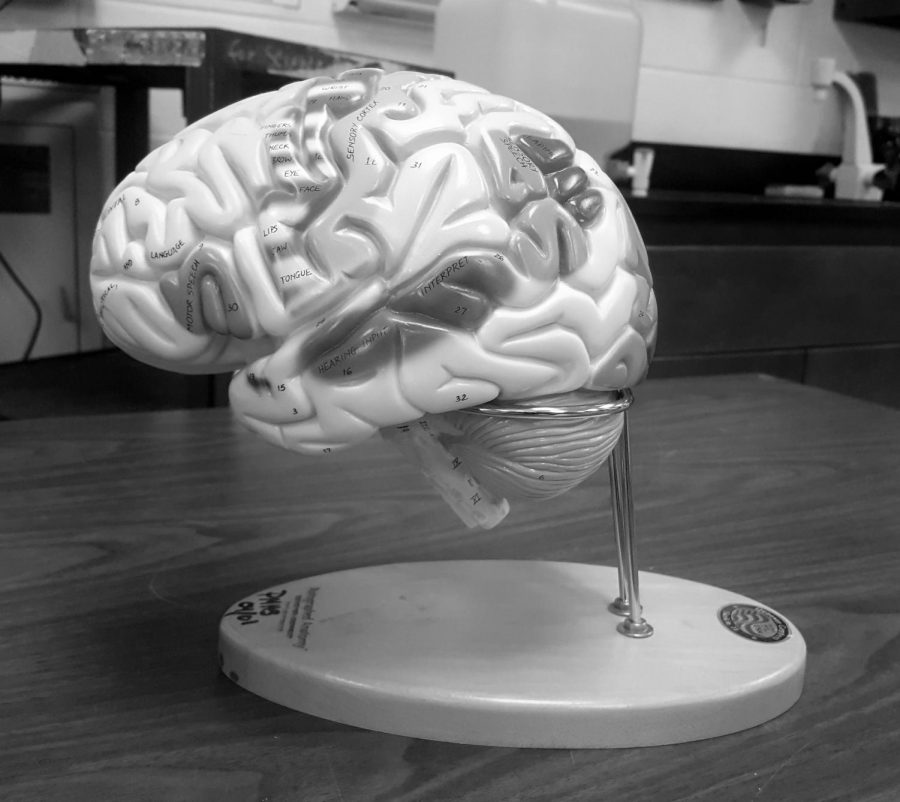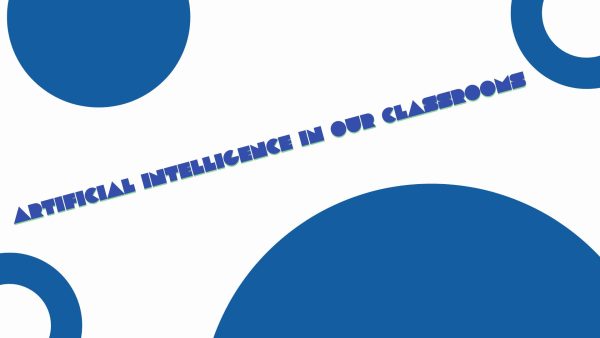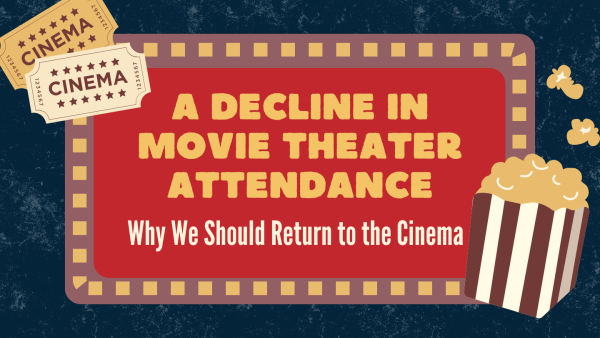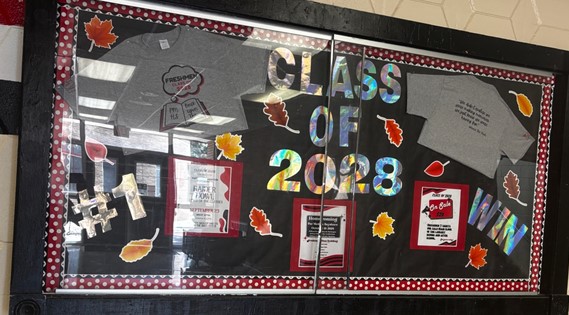Are Schools Killing Creativity?
Photo by Sarah Varghese
Are schools turning out the light on creativity?
TED Talks are known for being influential videos with expert speakers on education, business, science, tech and creativity. Recently after viewing their official website, I came across the “Top 25 most viewed TED Talks of All Time“. I found an interesting talk by the famous Sir Ken Robinson where he poses the question, “Are schools killing creativity?” Sir Ken Robinson is the most watched speaker in TED’s history. His 2006 talk, has been viewed online over 40 million times and seen by an estimated 350 million people in 160 countries. In his talk, he makes the claim that youths, “don’t grow into creativity, but rather grow out of it” or in other words, “get educated out of it.” Throughout the video he advocates this idea, but as a student I had a different perspective and was curious to see what my community thought.
To start off, Sir Ken Robinson stated that little children, “are willing to take chances […] when they don’t know, they’ll give it a go.” He believes that they are not afraid to make mistakes. He further ties this to creativity by explaining that if you are not prepared to make mistakes, you’ll never be able to come up with something original, and as we grow to become adults most people have developed a fear to be wrong. While I completely agree with that thought, I didn’t agree with his follow up statement that “we are running our educational systems where mistakes are the worst things you can make” and that “we are educating our youths out of their creative capacities.” Yes, we do gain a fear of making mistakes as we grow older, but that doesn’t come from the educational system, it comes from the inner fear of being judged by our peers such as friends and those in our community.
In my opinion, I believe schools are not stigmatizing mistakes but rather fine tuning and further developing our creative and intelligent minds. This is clearly seen throughout human history even to the modern day. Most people who developed or discovered new thoughts and inventions were able to do so from the vast knowledge they gained from schools as well as the skills they acquired through this system. No doubt, it was the help from schools that aided people like Albert Einstein to develop the theory of relativity or Dr. Seuss to become one of the most creative writers of our time. Many of our modern-day scientists, doctors, writers, musicians and inventors have some type of education that most likely aided them in their creative work. This is not to say though that one can only be creative if they go to school. Rather, I believe that every one has the potential to be genius thinkers but must make the personal choice to grow their minds however they see fit to do so. Creative minds can come from all people, from any gender, age, ethnicity and so on. But to say schools are killing creativity is simply something I cannot agree with.
Interestingly, many of my peers had differing opinions. I asked a total of 53 people, where 39 said yes to the idea that are schools killing creativity and 13 saying no. To get deeper insight into why some answered yes, I asked some to explain their thoughts. Justin Lawrence, a varsity golf player and member of Model UN said, “The schools are indeed killing creativity because of the strict requirements for credits, if we didn’t have to be on a path for the four core subjects then we’d be able to branch out into things that interest us, therefore we’d be able to pursue our passions.” Emma Unverzagt, a JV lacrosse player and cross-country runner had a similar thought. She said, “I think with all the rules and restrictions, they are in a way killing our creativity, not allowing to express ourselves in clothing or topics in class.” Intriguingly, I found that many of the students I asked tended to mention clothing as reason to why schools kill creativity. Megan O’ Leary shared the same perspective saying, “Creativity is encouraged if it can be seen as a productive or academic output…. creativity in topics such as clothing and self-expression aren’t necessarily encouraged because there is no academic benefit.”
However, students like Stephanie Henry, the class of 2020 treasurer, also involved in the musical and Jazz Choir had a differing perspective. She said, “In my opinion, I think schools are doing the exact opposite of killing creativity. Many clubs that are offered in school are made to fit the interests and skills of all different types of people which gives them an opportunity to express themselves however way they want.” Another student kindly shared his thoughts on this matter too. Ronny Lospenuso, a twelfth-grade student states, “I believe education enhances creativity. School…teaches students about multiple perspectives ideas and cultures that bring out new ways of thinking.” Furthermore, Adrian Rutkowski, an eleventh-grade lacrosse player states, “I don’t think schools are killing creativity because they are bringing new classes to life…kids can choose from a variety of different fields to decide where they are comfortable. Also, our schools have many different clubs and spots…promoting creativity.”
After hearing what the students had to say, I decided to see what some of our teachers thought regarding this issue. Mrs. Bucaria, a computer science teacher at the high school said, “No, (schools are not killing creativity) I truly believe at PMHS we offer amazing electives that allow all students to find their love and passion and promote creativity. The Gen Y’ers need technology to get their vision out to others so all the computer science and technology courses we offer will help them do that.” Mr. Daugherty an AP Chemistry teacher also at the high school said, “I would say no, school is not killing student creativity. If anything, schools help students explore creativity by encouraging the application of knowledge in new and challenging ways. At the high school level, developing “mental pictures” of processes and “envisioning” complex topics allows students to explore with their imagination at a higher level. As an example, writing a response in an essay allows students to creatively develop an argument to persuade the reader. Discussions in social studies, math and science, art/music, after school club activities, books you read in English: these all let students explore their interests and give students a foundation that allows students to be creative with generating new and exciting methods of solving the problems that face their generation. I believe our school is continually pushing the envelope on exploring the best methods to achieve the proper balance between instruction and inspiration.”
Overall, many people have differing views on whether schools are killing creativity. Although our education systems may have some flaws, I don’t believe killing child creativity is one of them. What are your thoughts on this issue? Are schools killing our creativity?








Justin Bauco • Feb 12, 2022 at 12:57 pm
If I may add a second comment, I would like to convey the opinion that moderating comments prior to their posting seems like a pathway to the censorship of speech and effective group discourse. I do agree that perhaps inflammatory or hateful comments should be removed, but I would at least hope that the process of removing comments or filtering comments out is a fairly liberal process in regards to what is allowed.
Justin Bauco • Feb 12, 2022 at 12:53 pm
Personally I don’t know, but I know that this is an exceptionally well-written article. Through the author’s effective use of argumentation and willingness to interview a wide variety of her peers, it has truly made me contemplate the role of the education system in the development of creativity or other personal traits. If I had to pick a side, I would say that certain classes have increased my creativity in those certain areas of thought, but overall the education system as a whole had led to a society that builds walls between different professions, topics, and types of people. In this way I believe that such a categorical approach to education and professional development has limited creativity in the context of interpersonal relationships, but creativity in specific fields has not necessarily been limited.